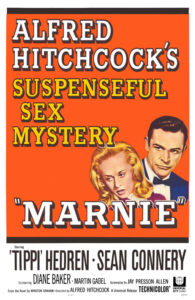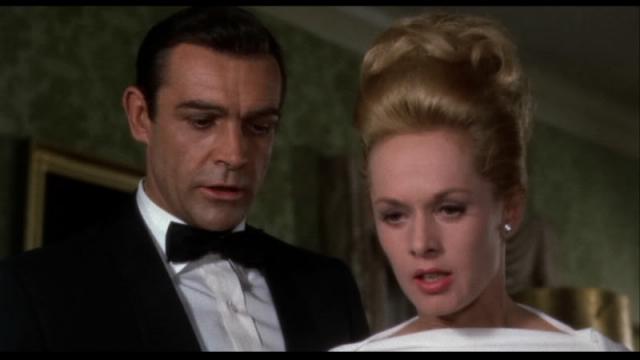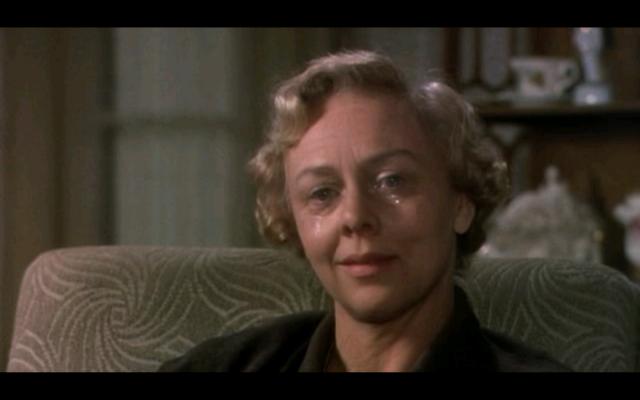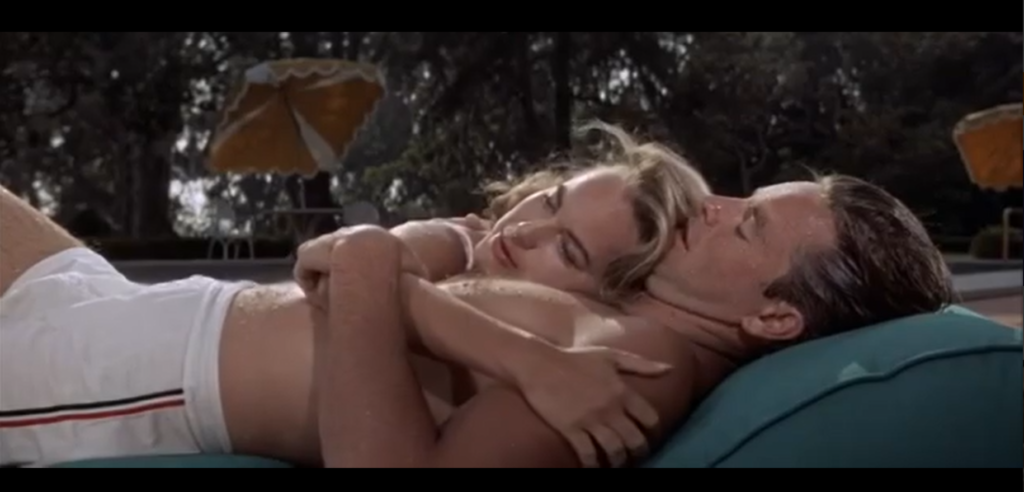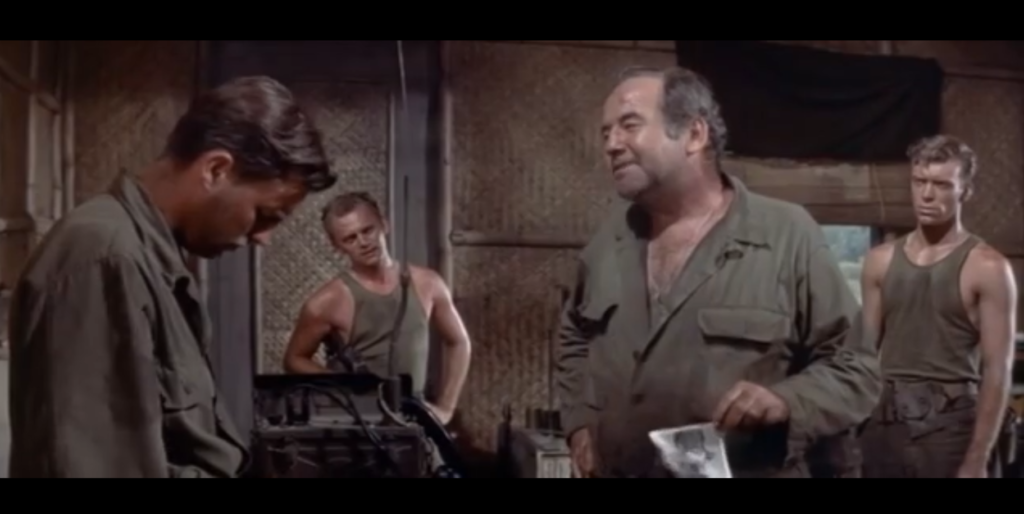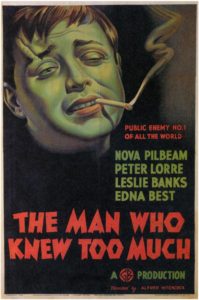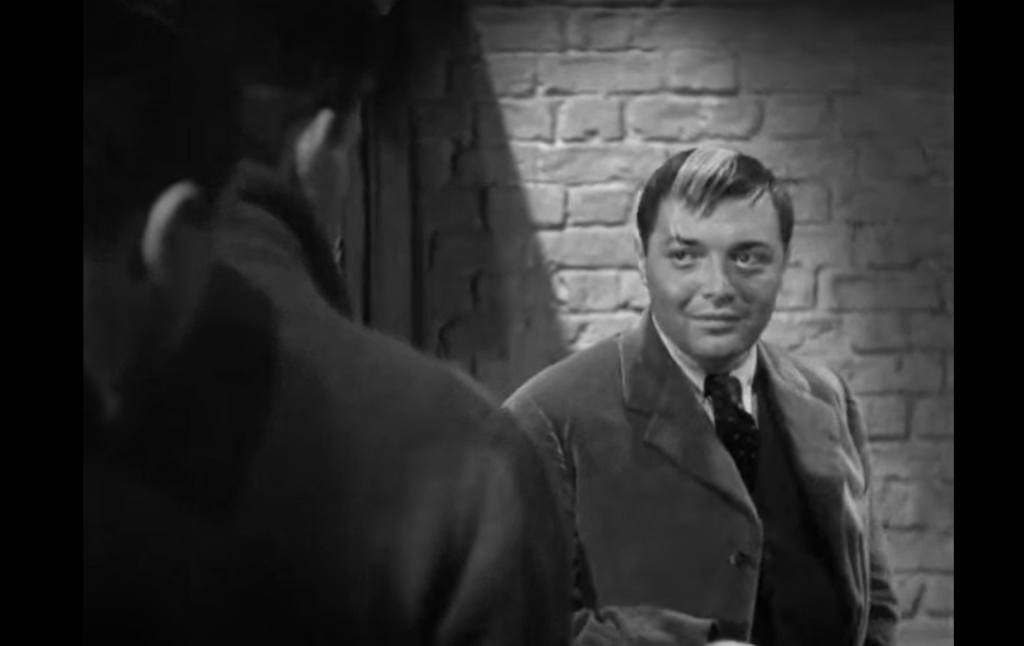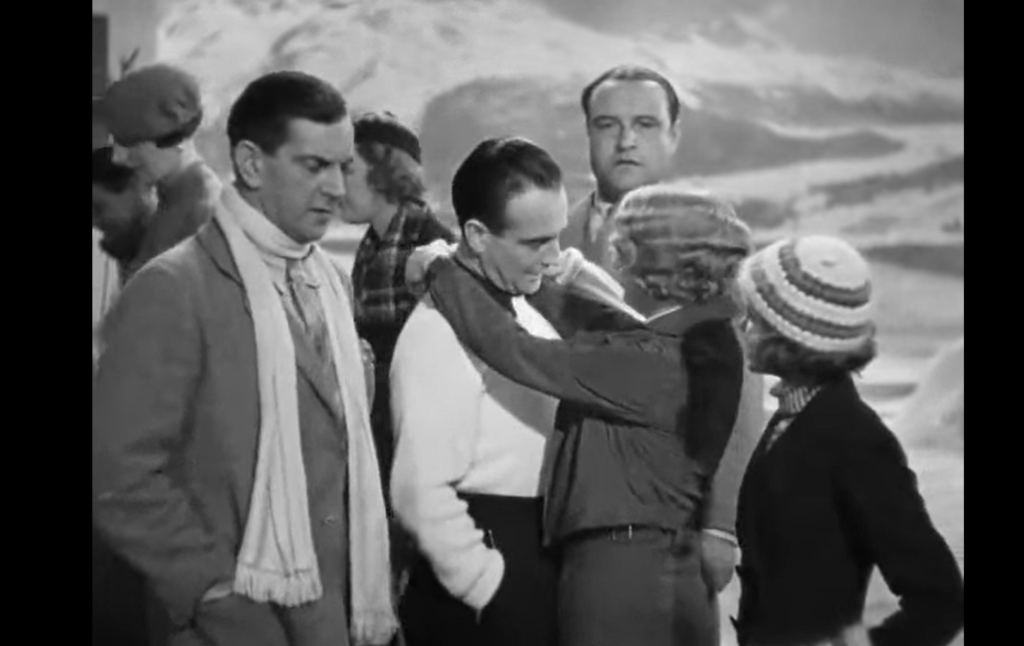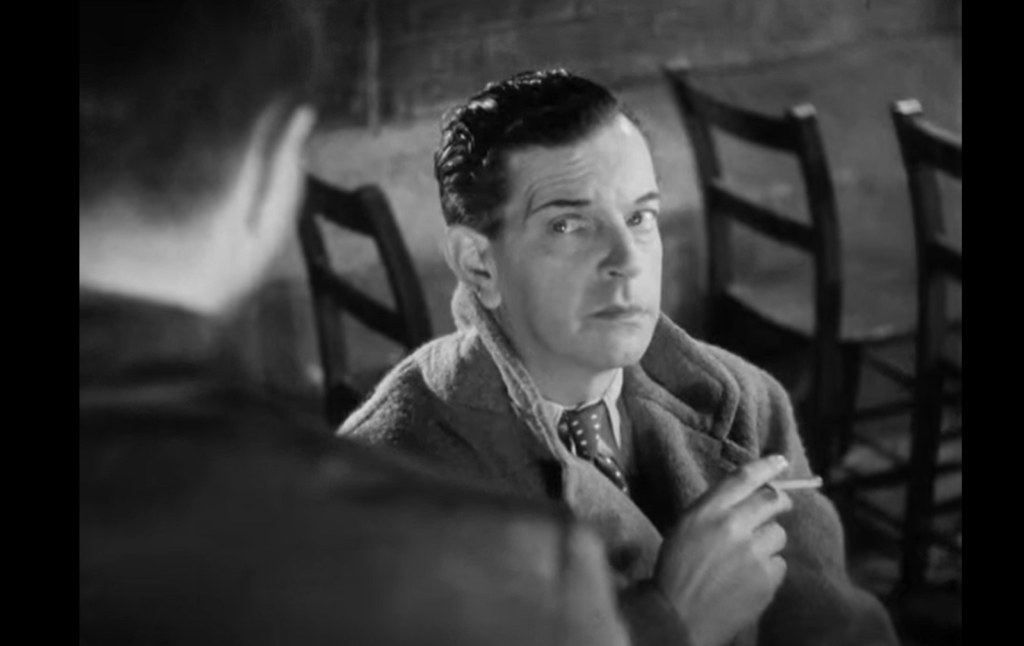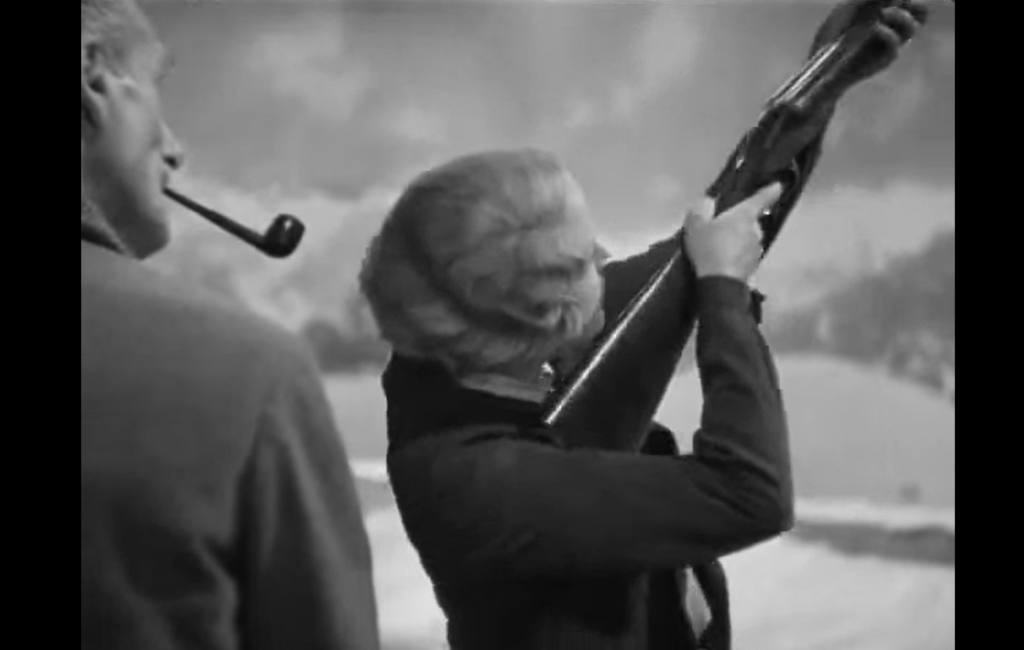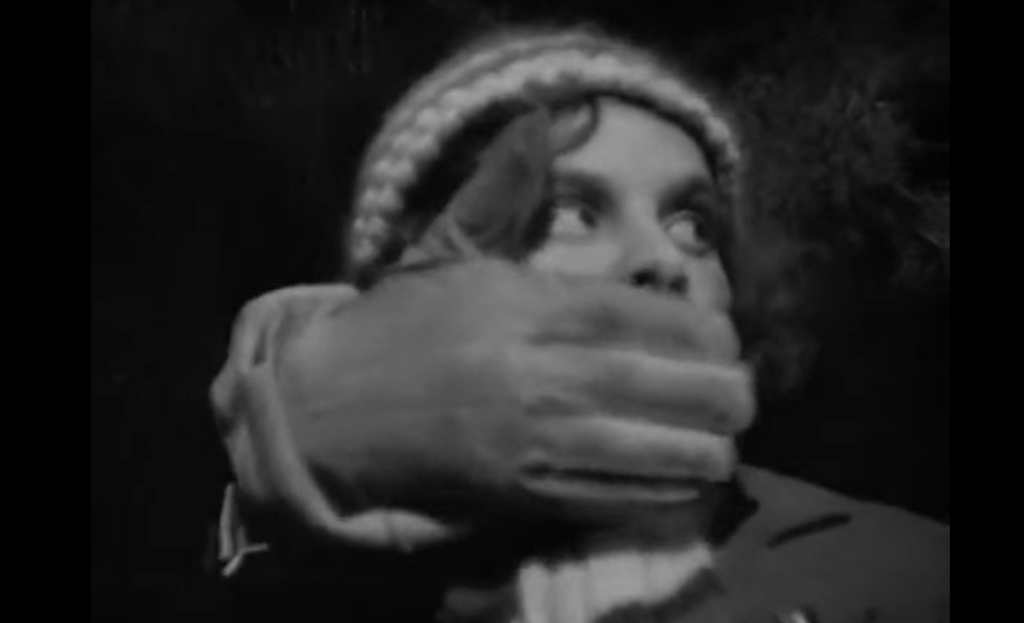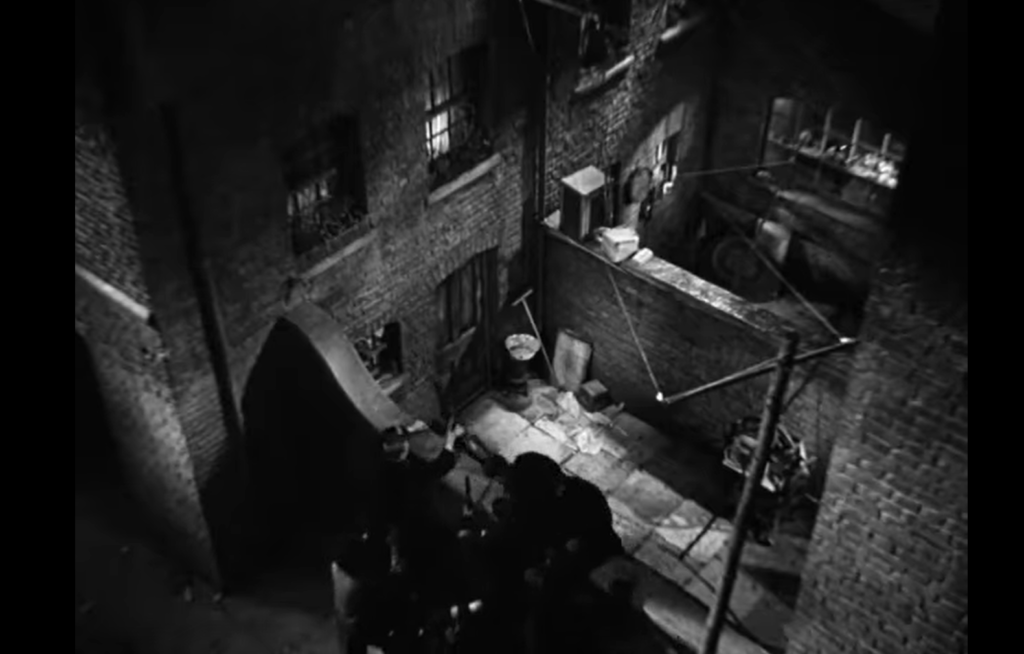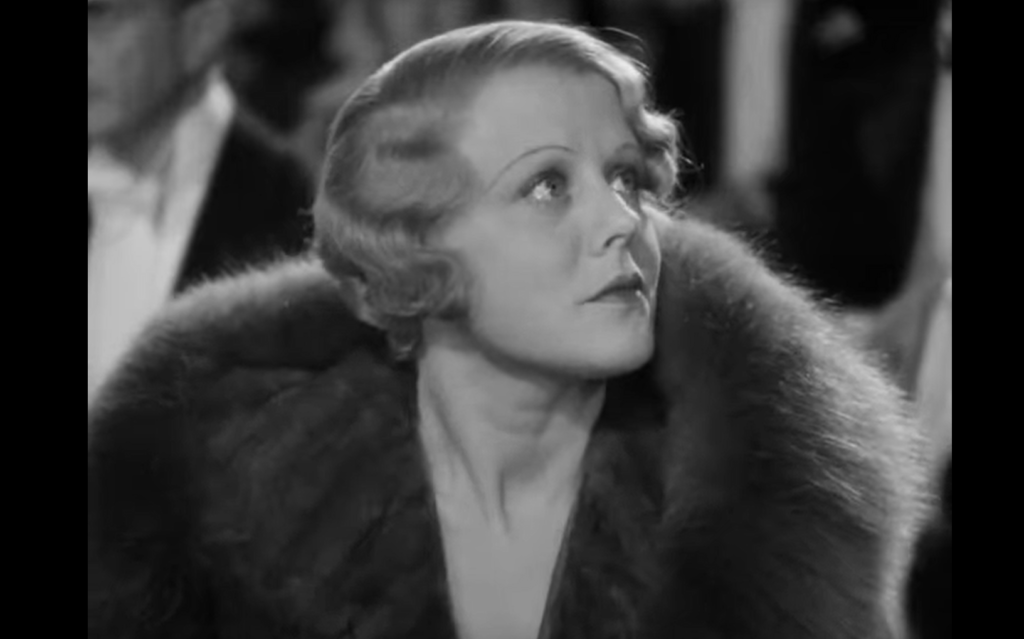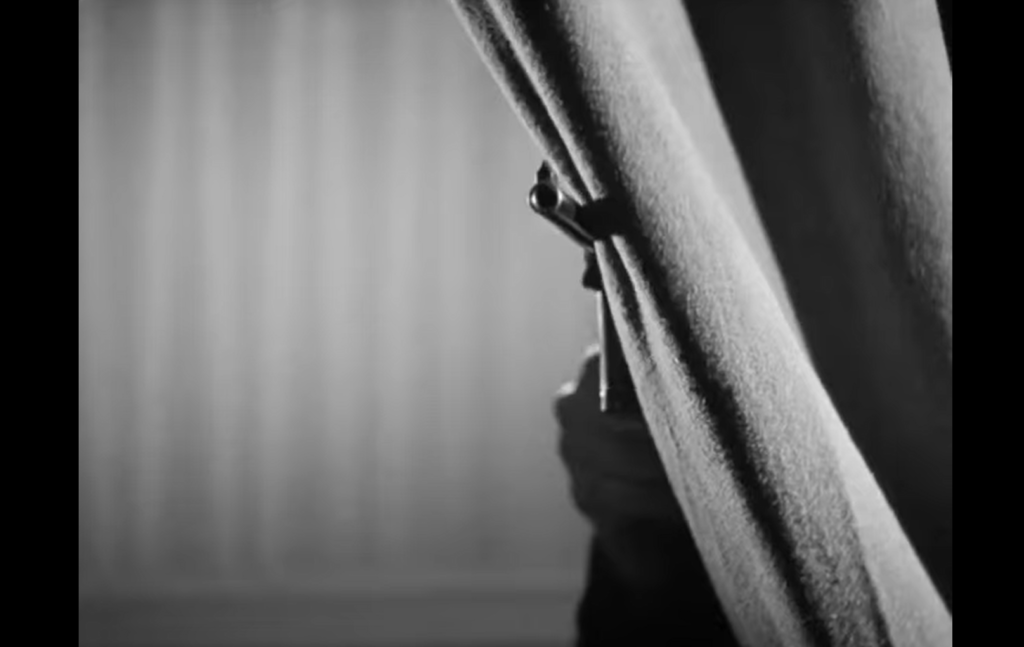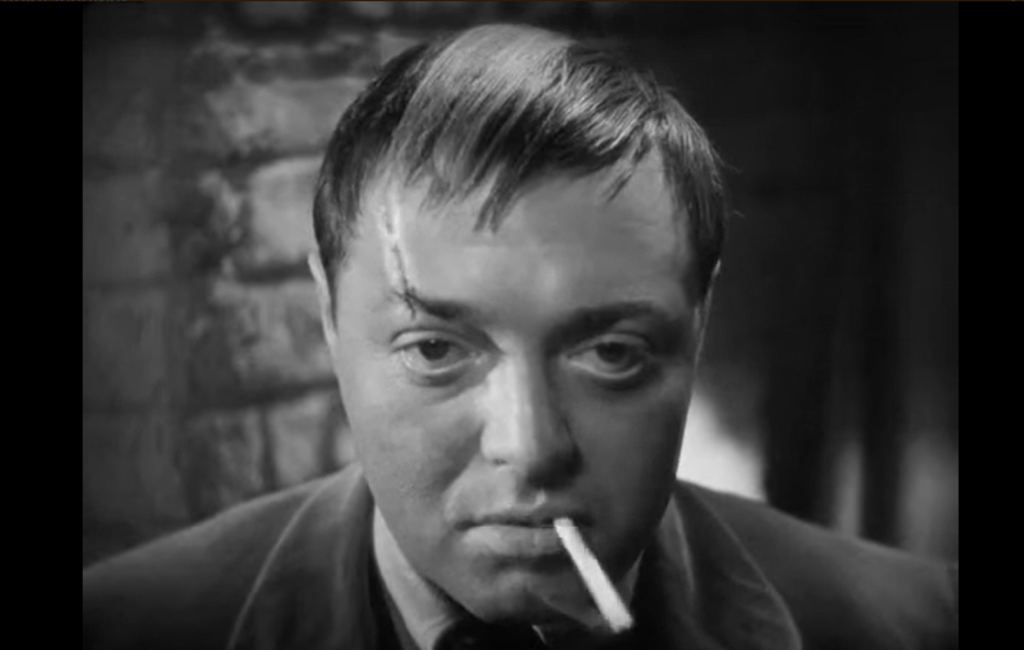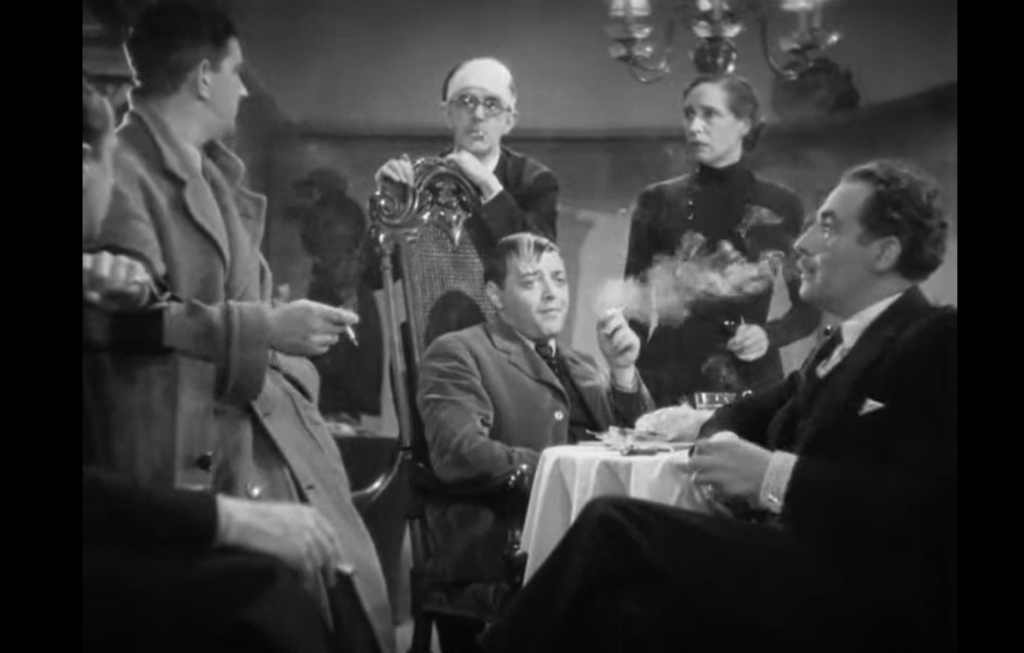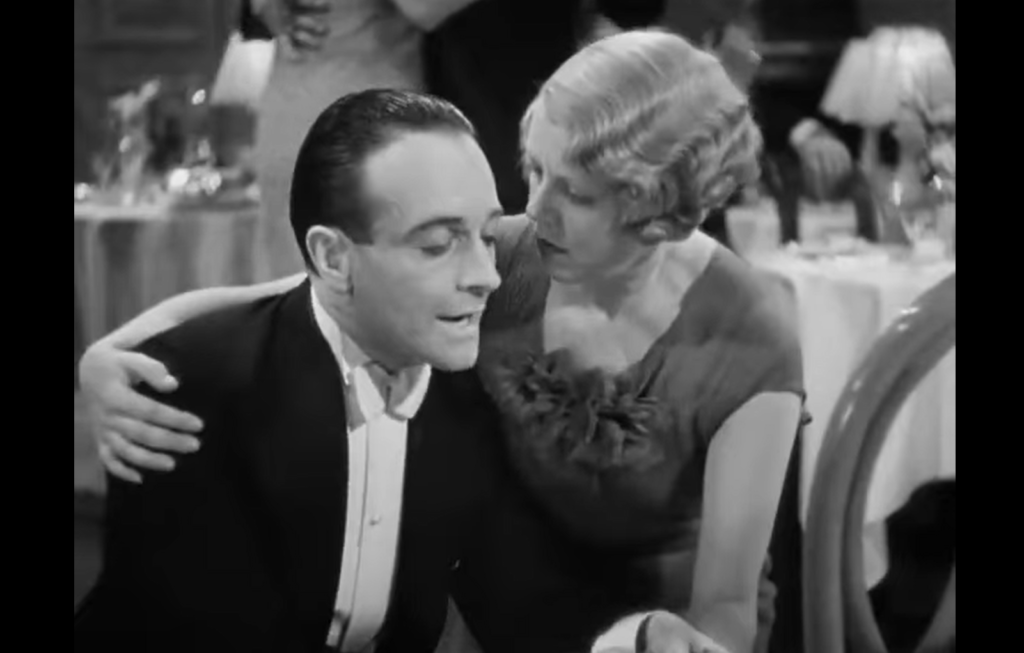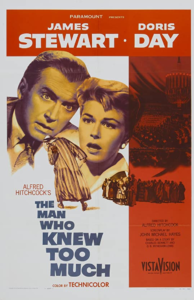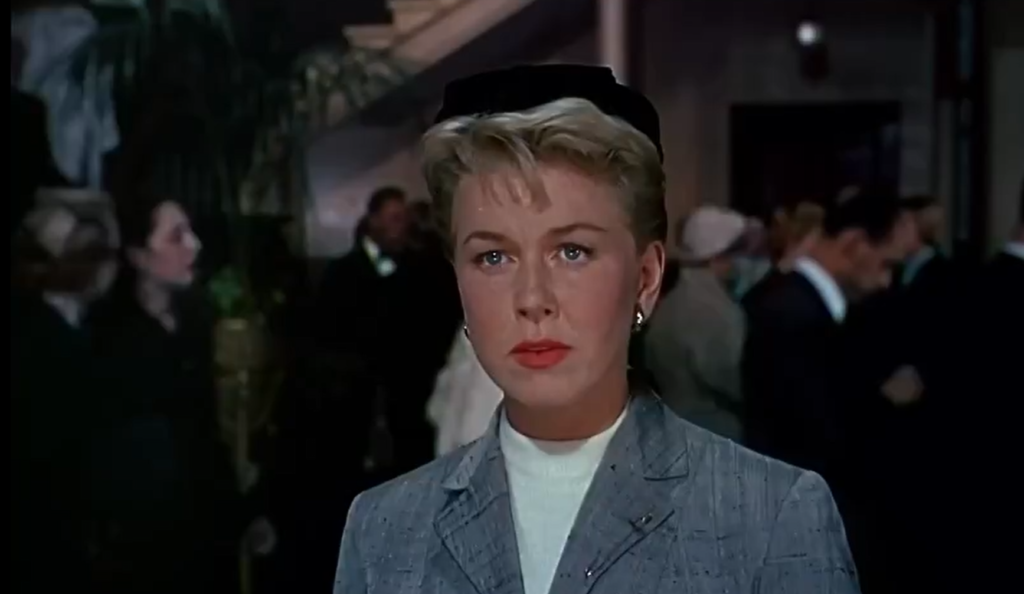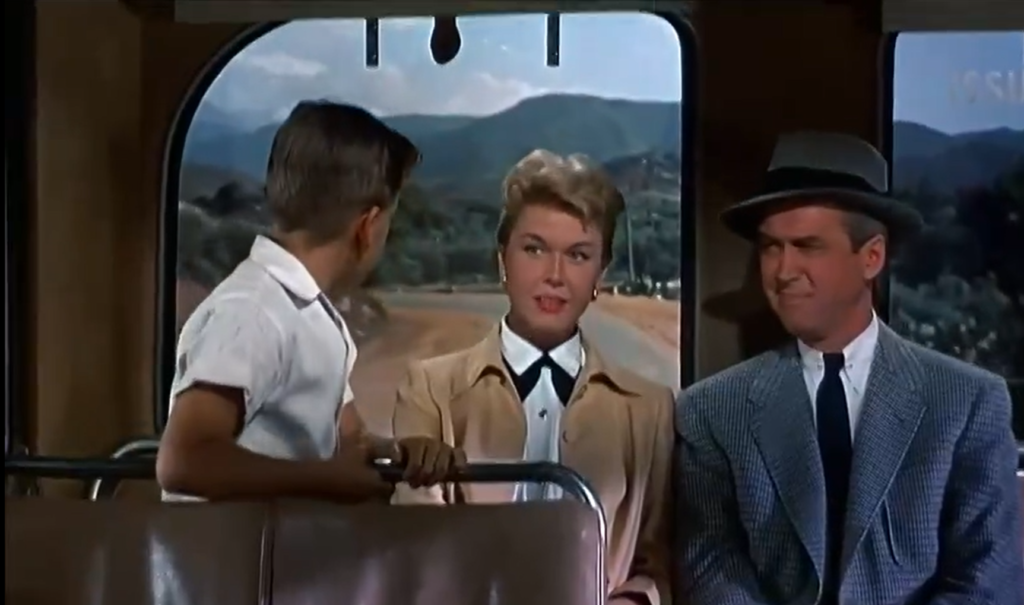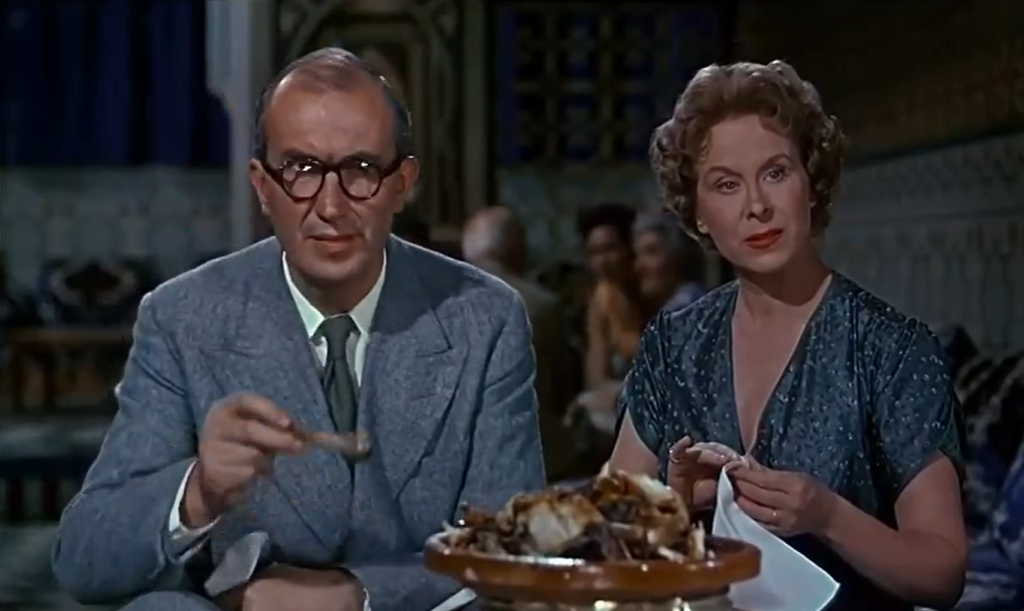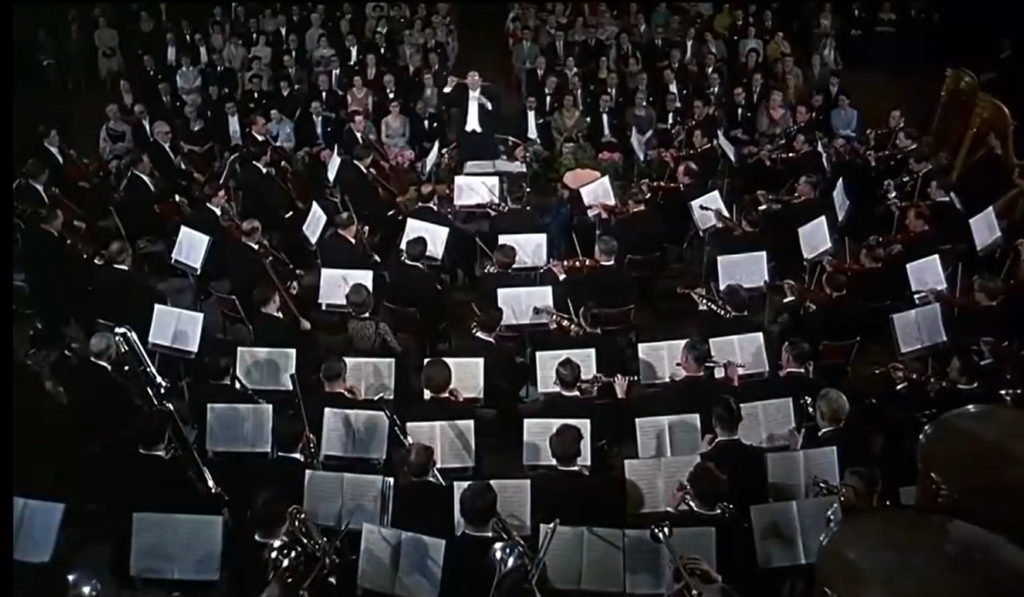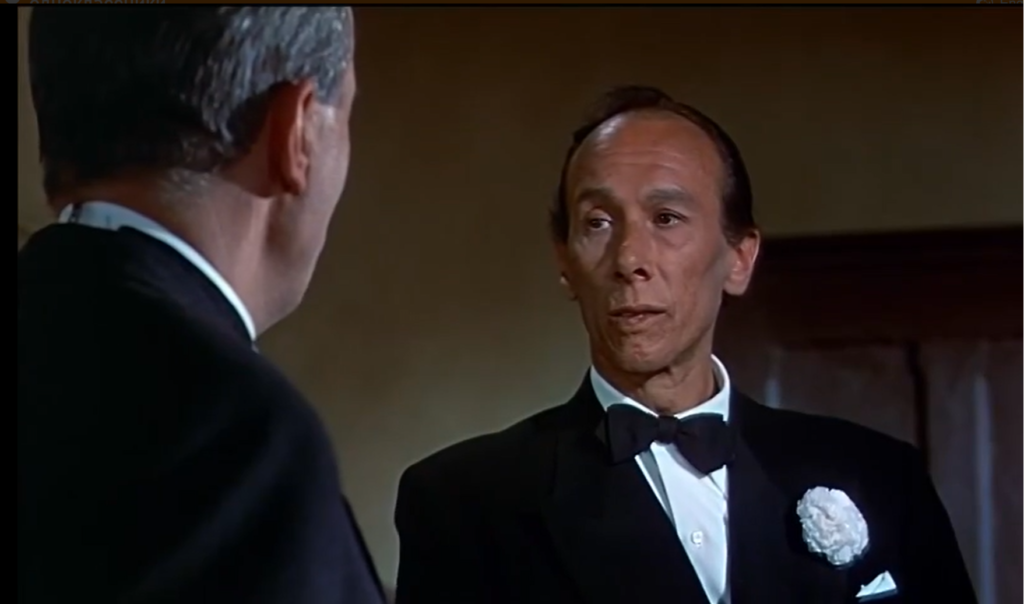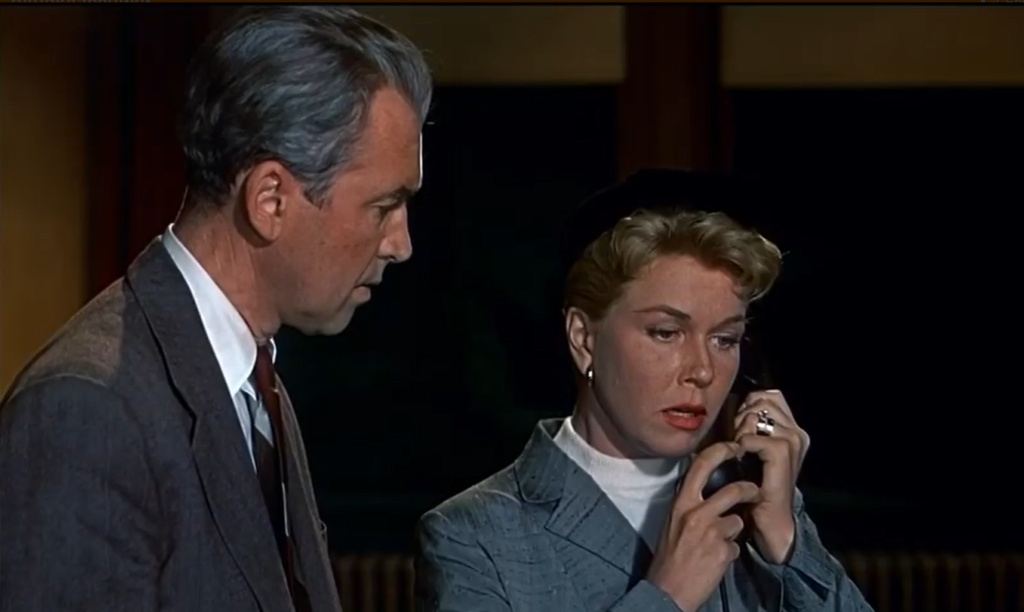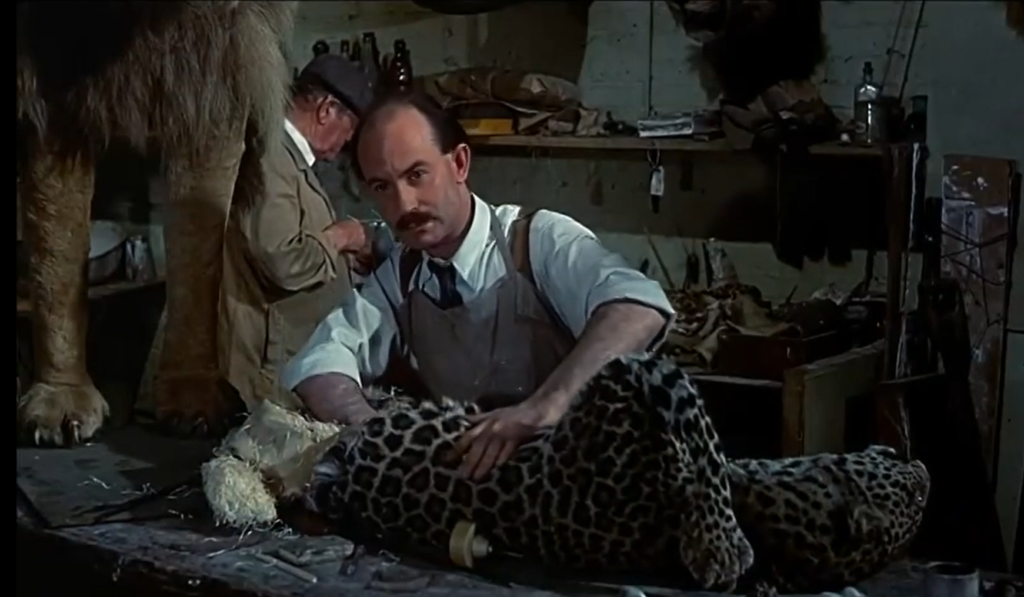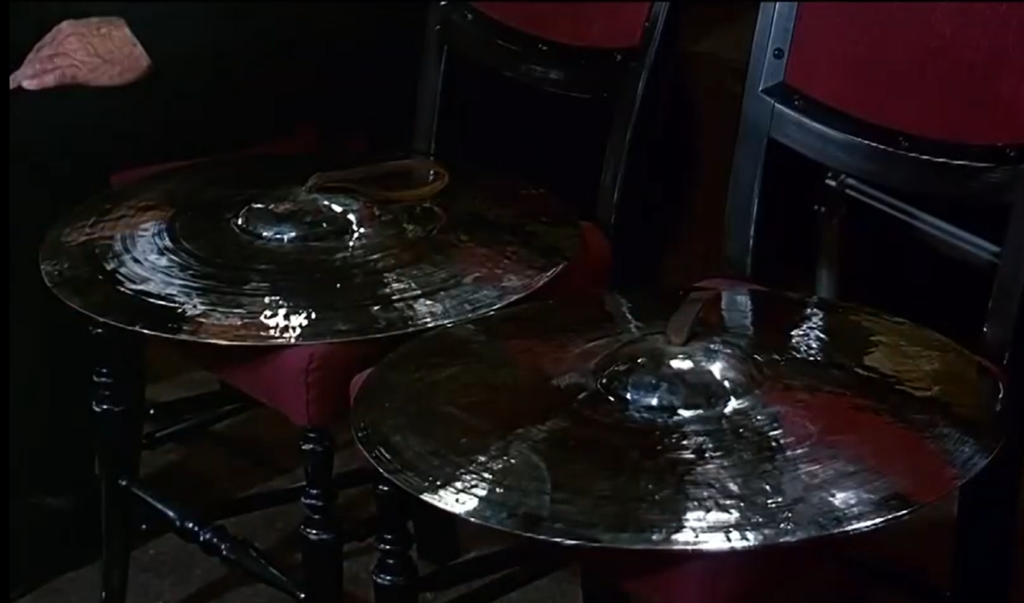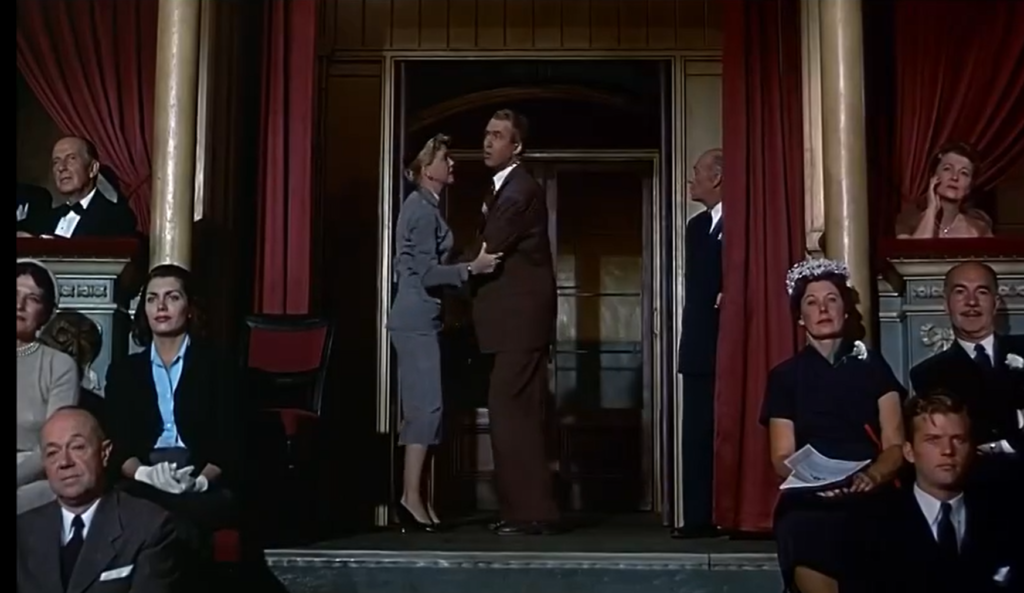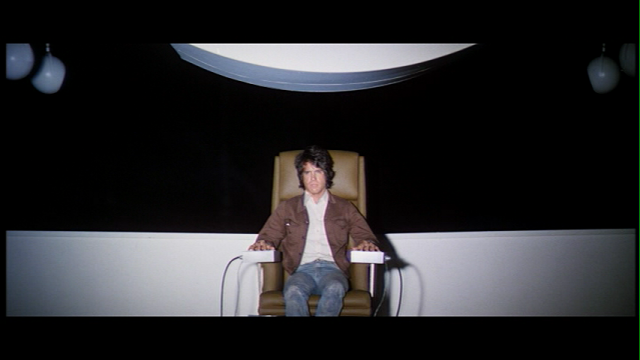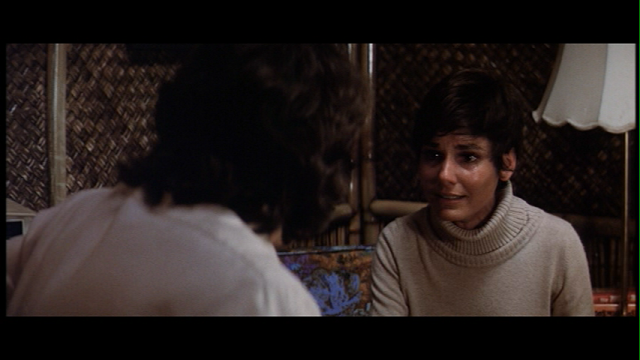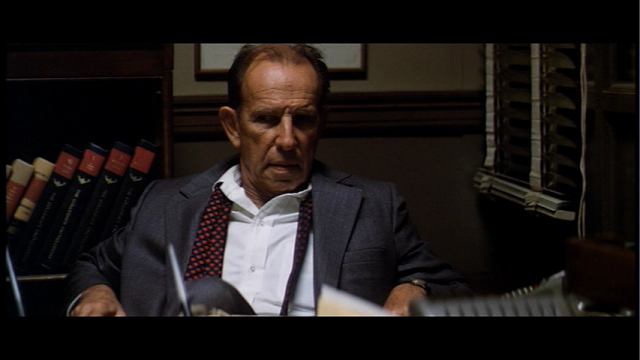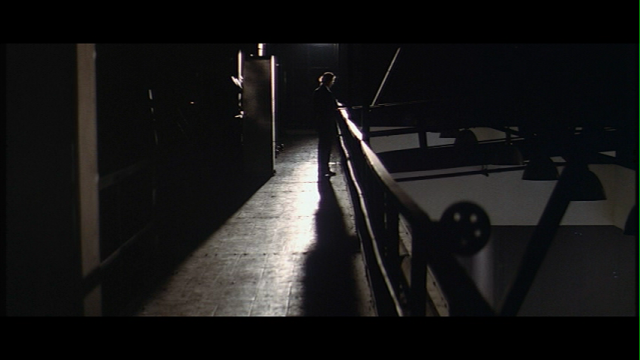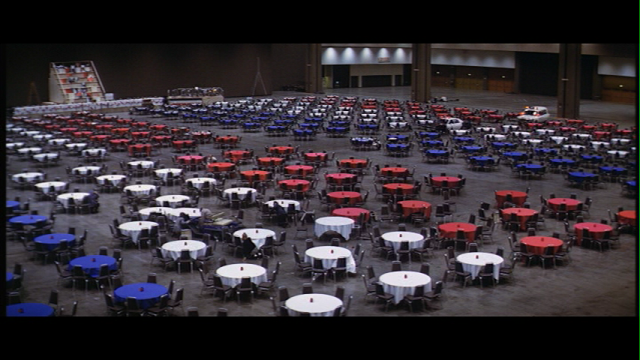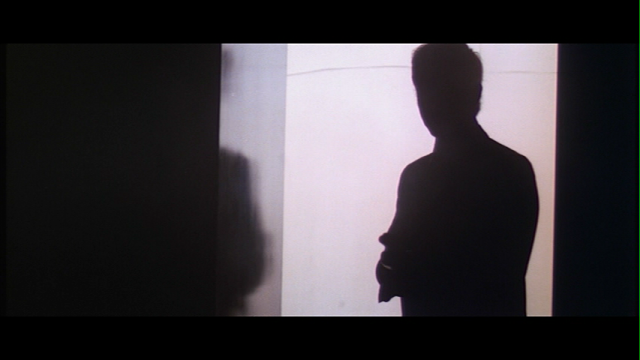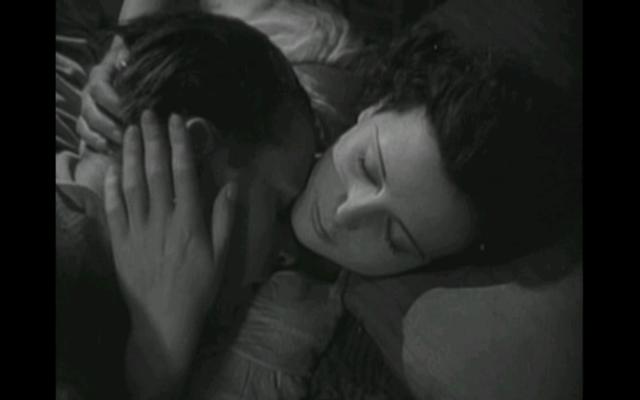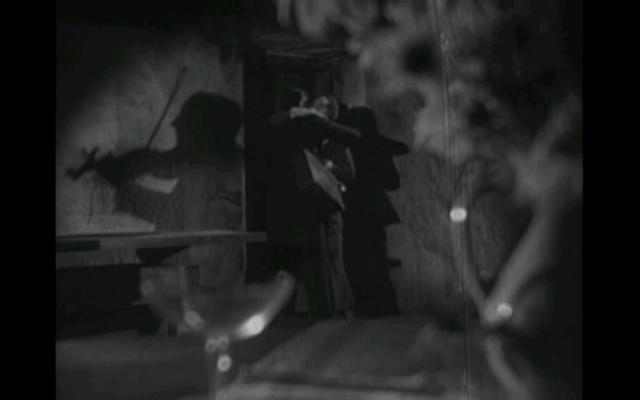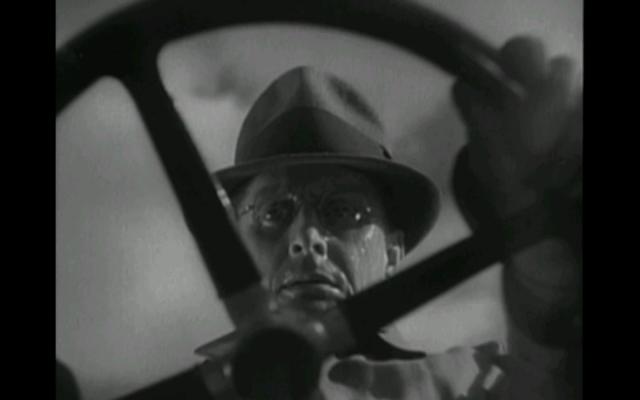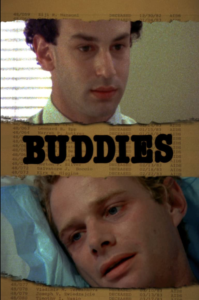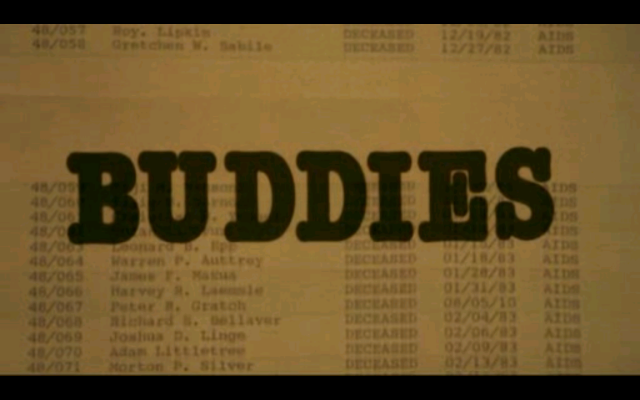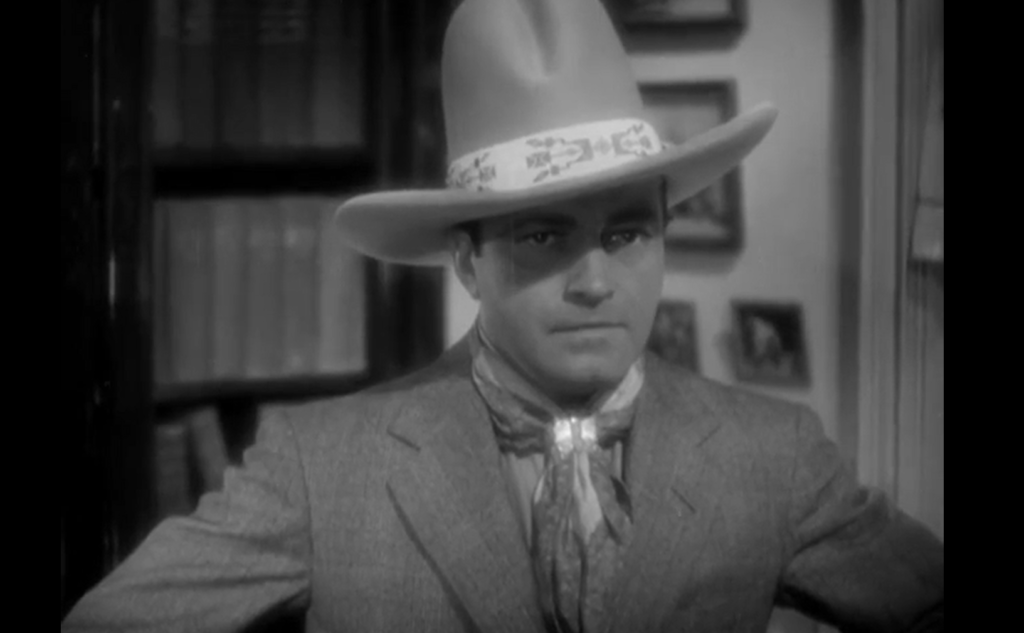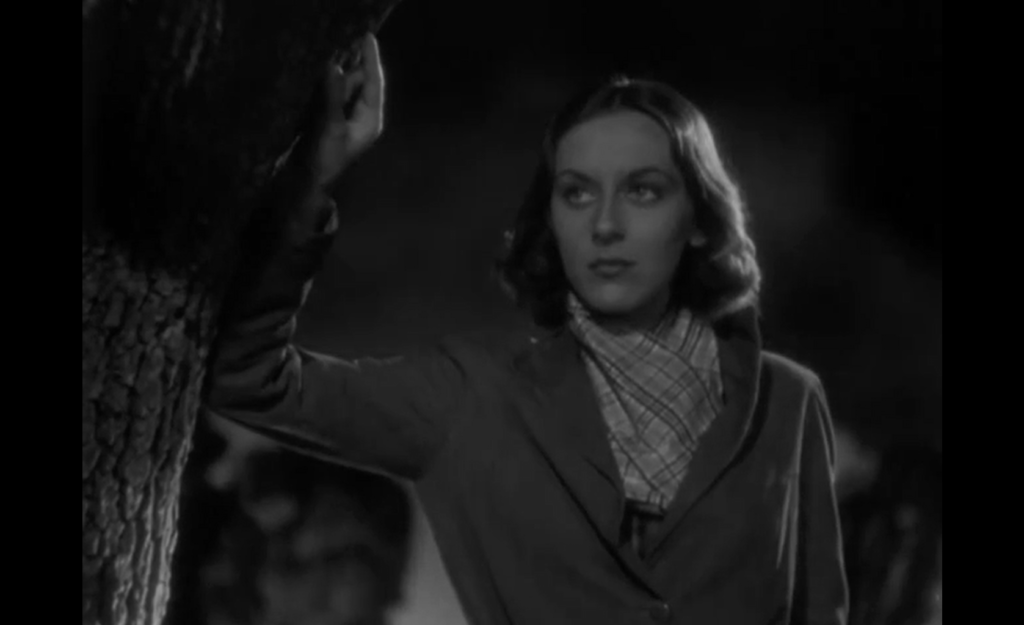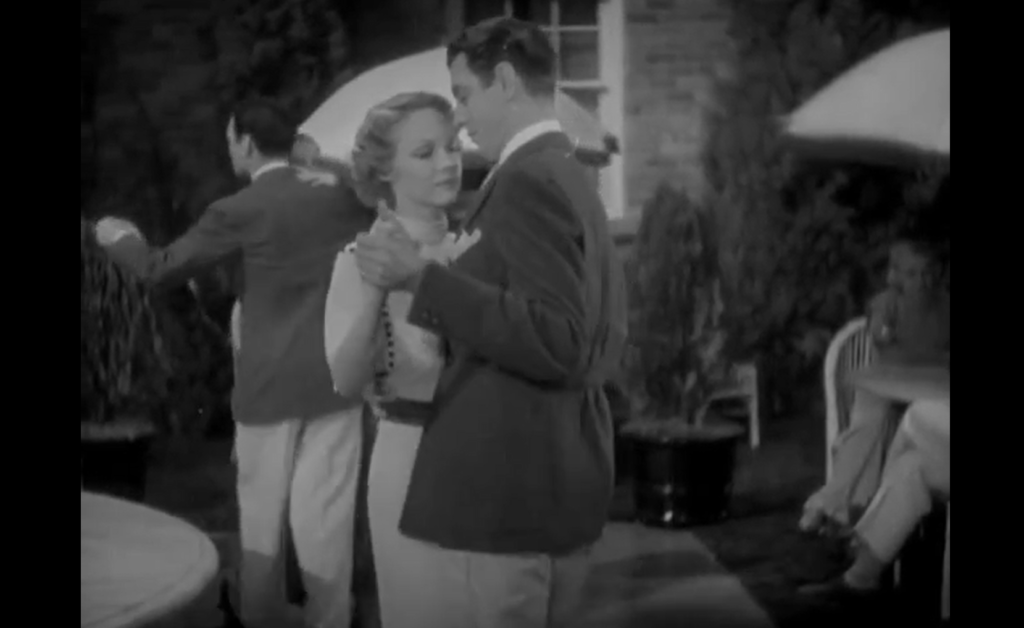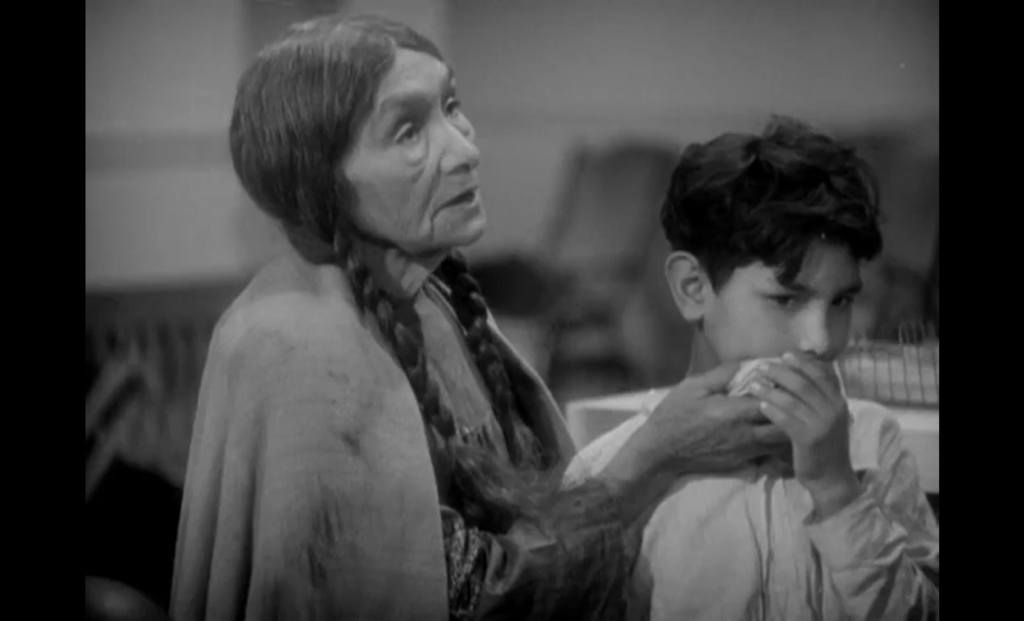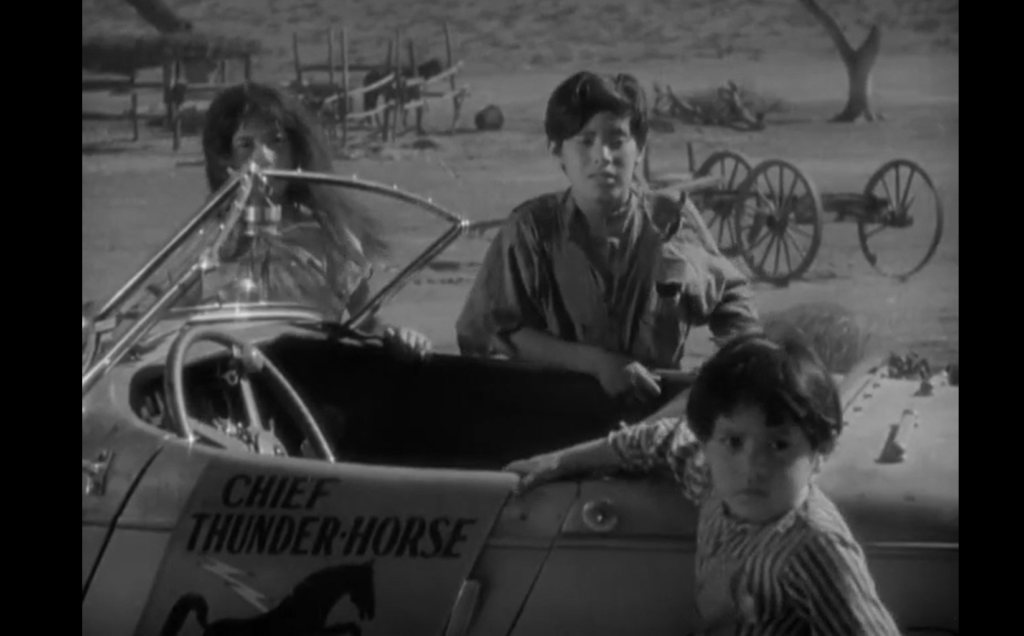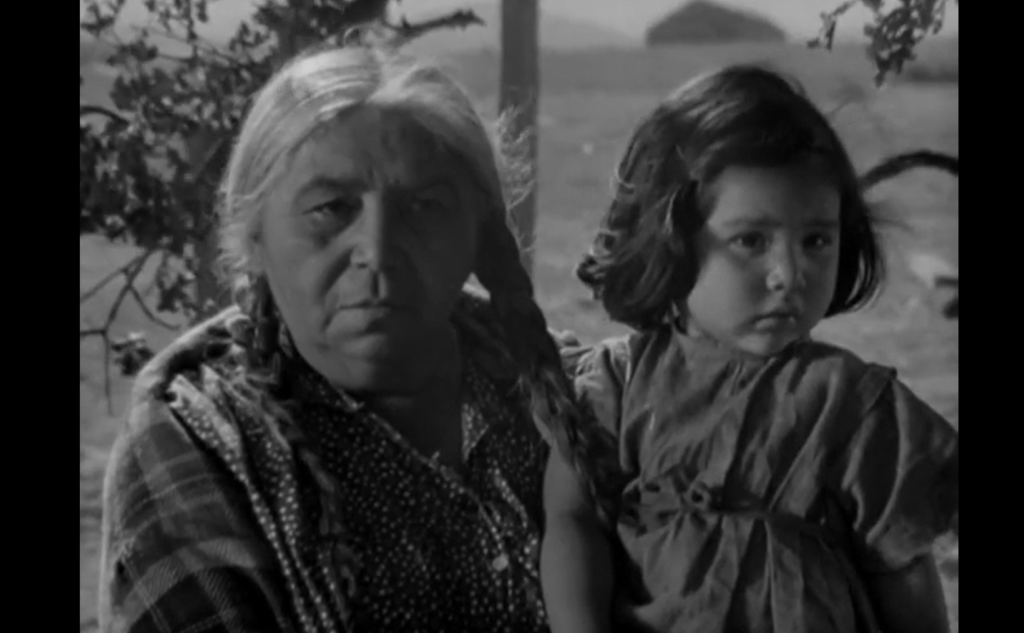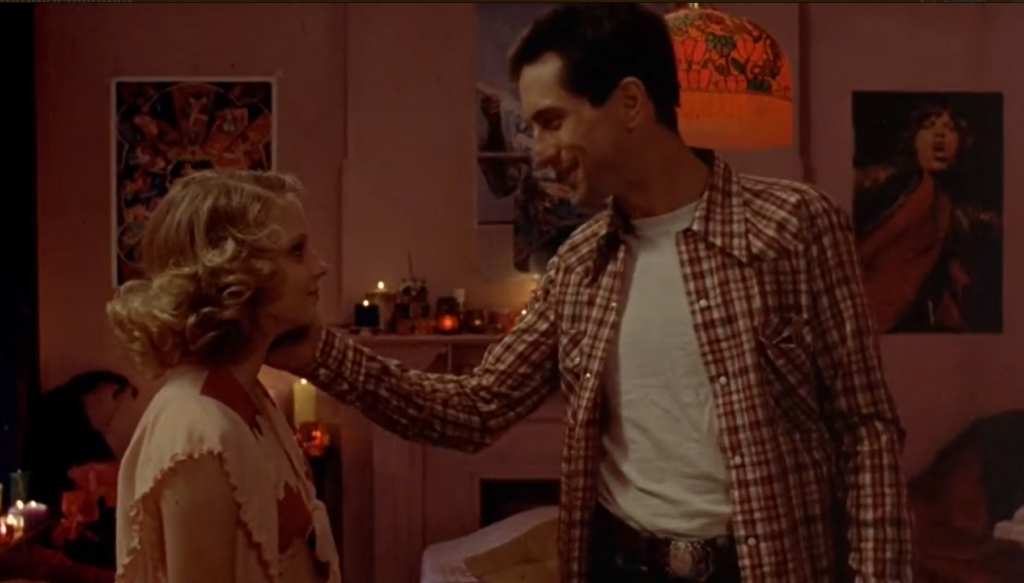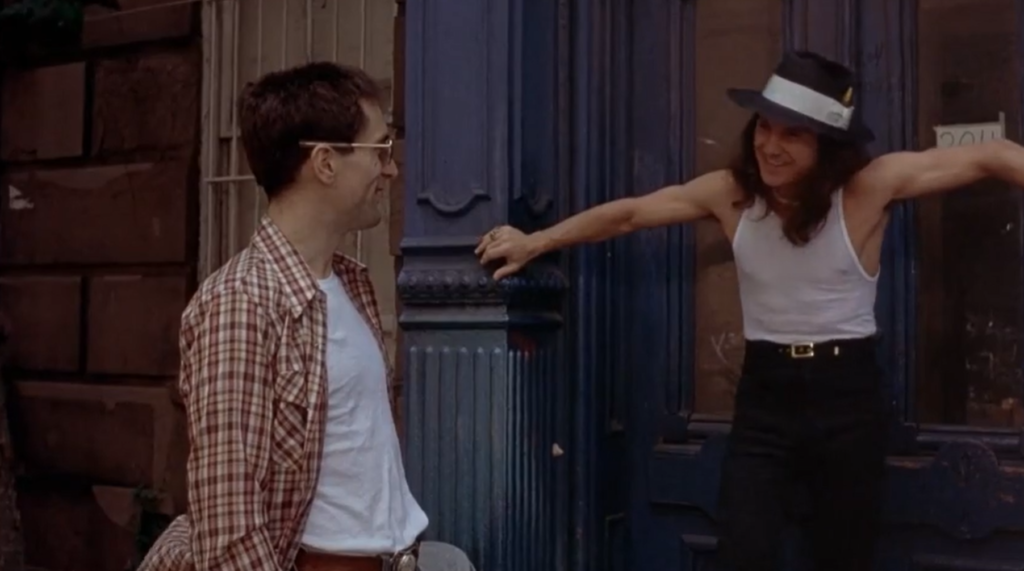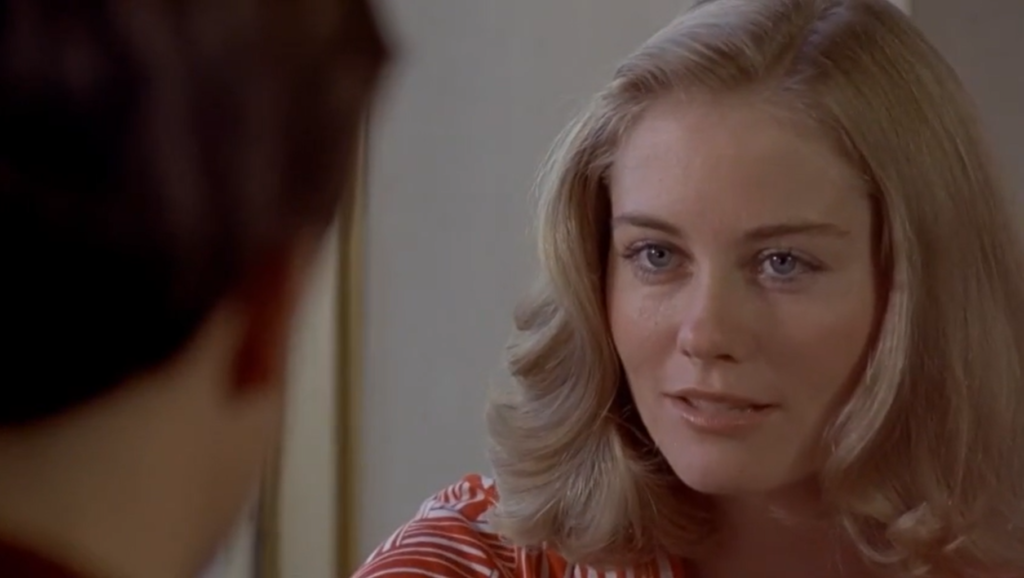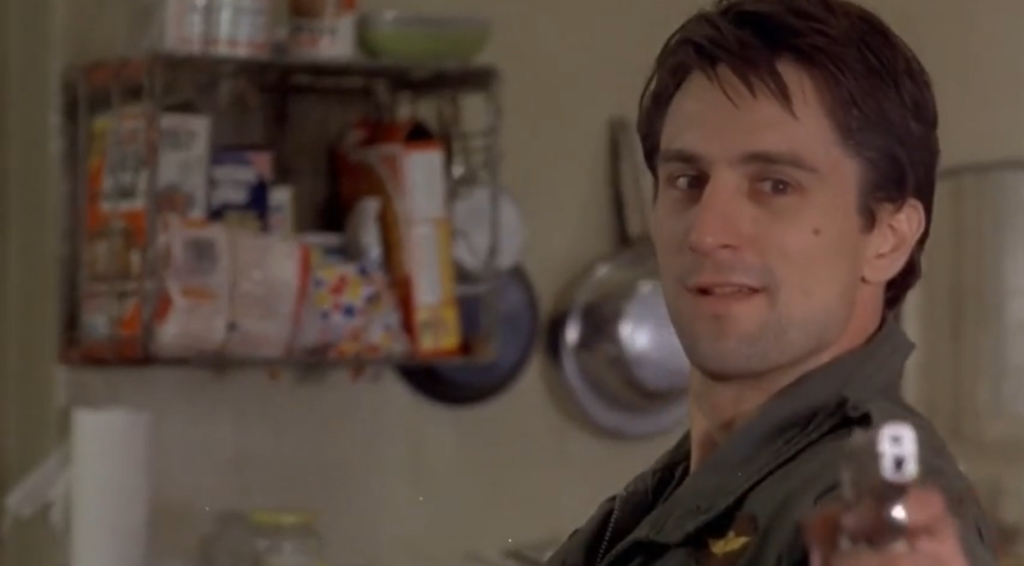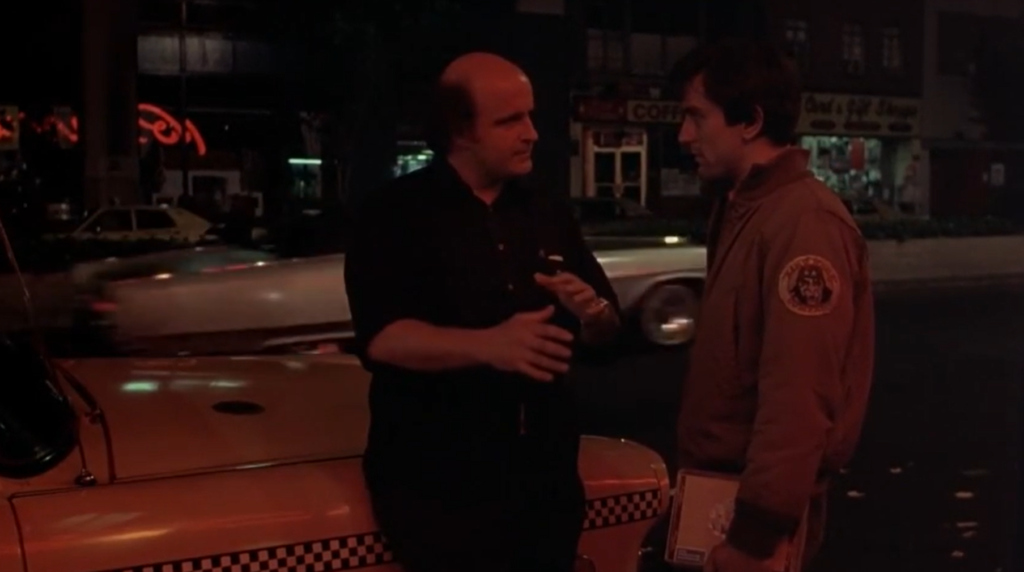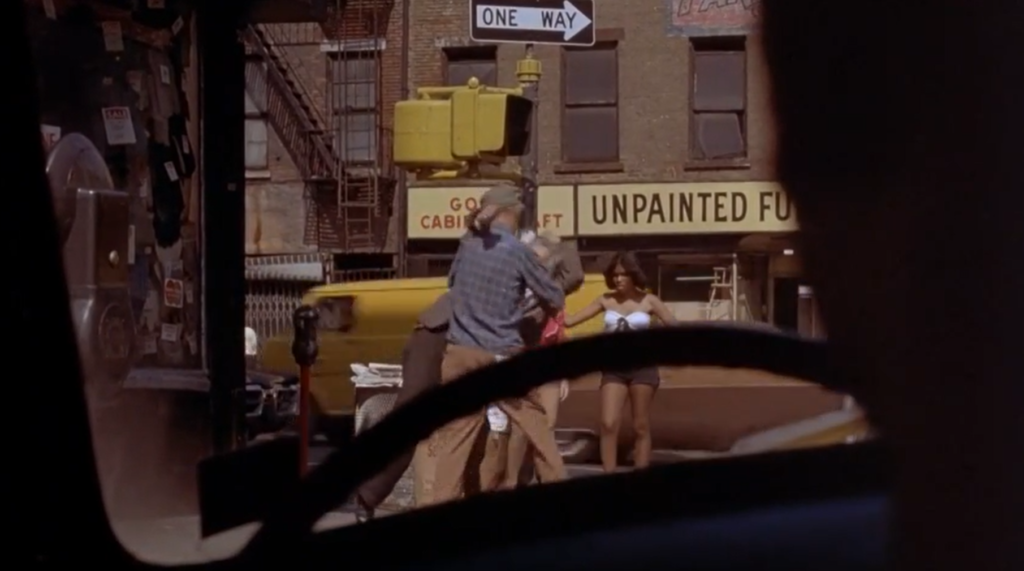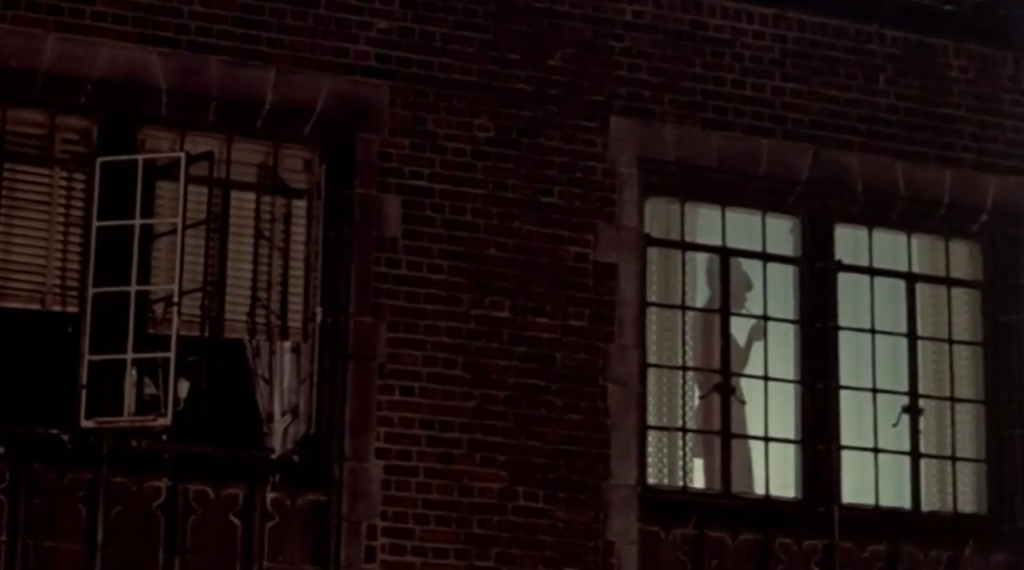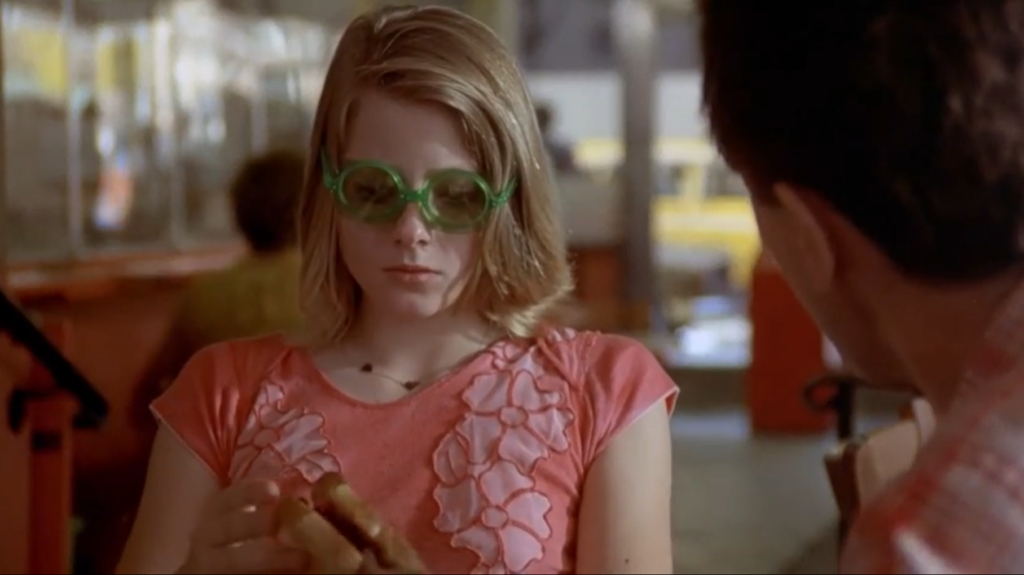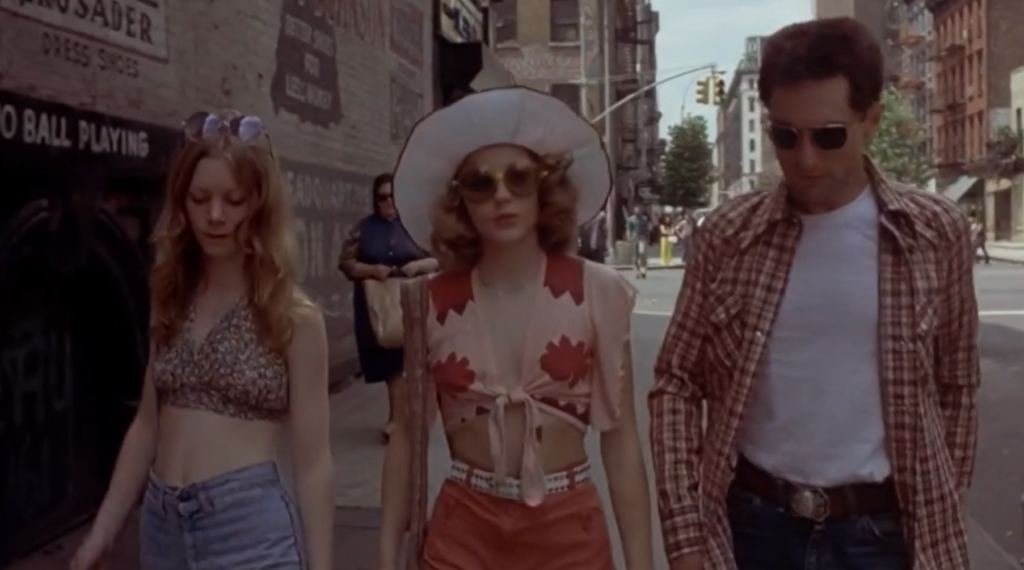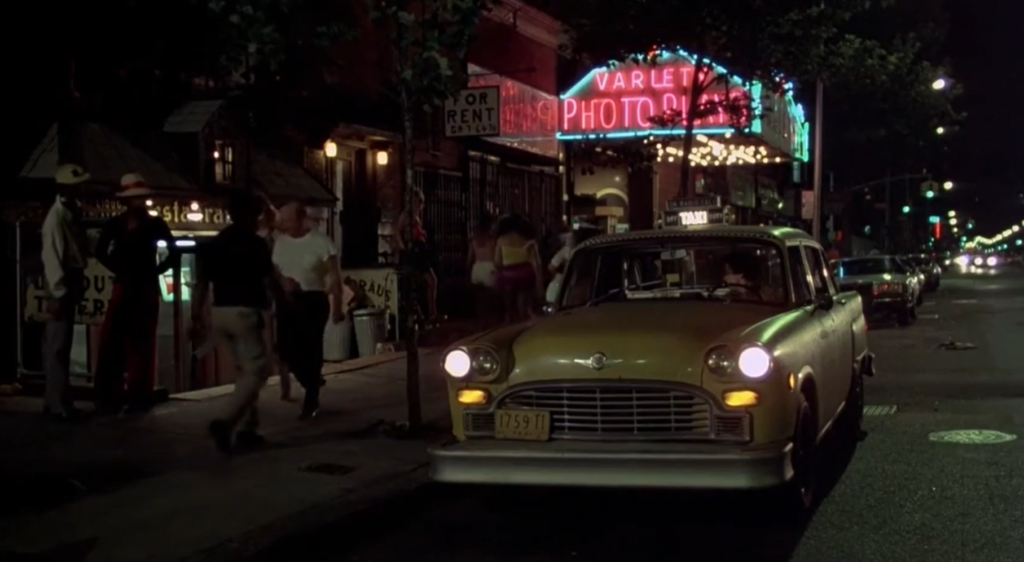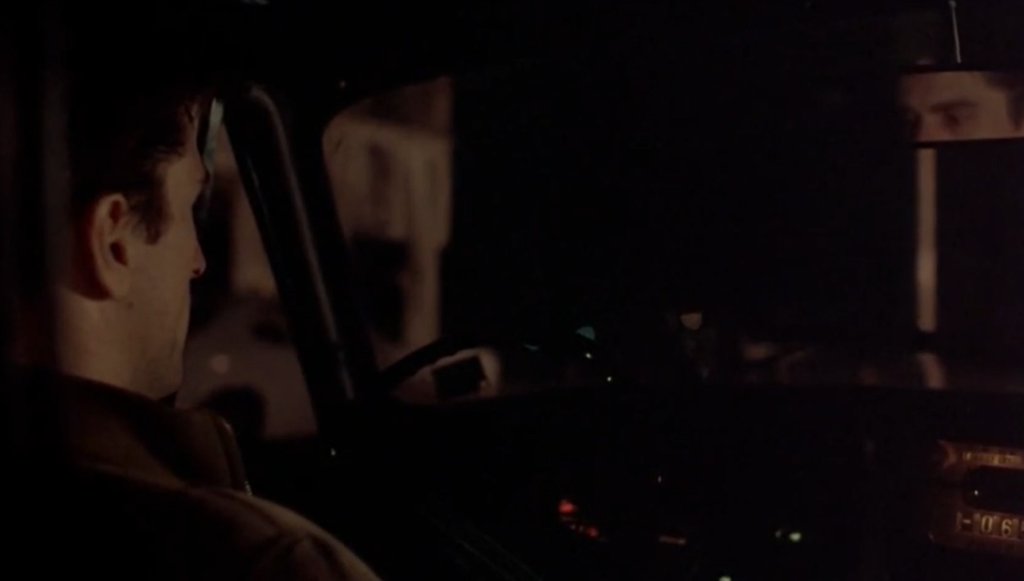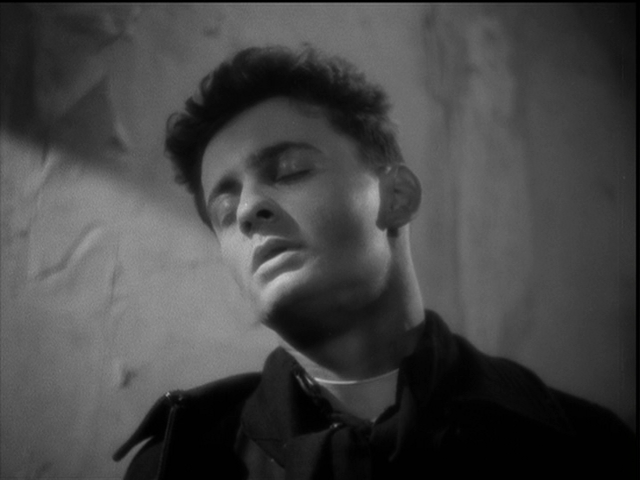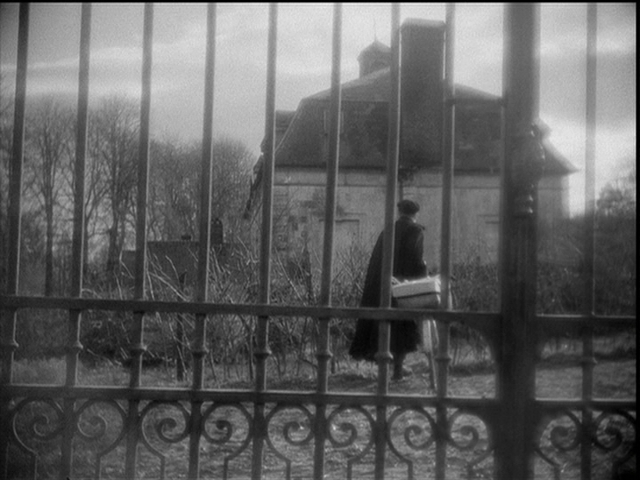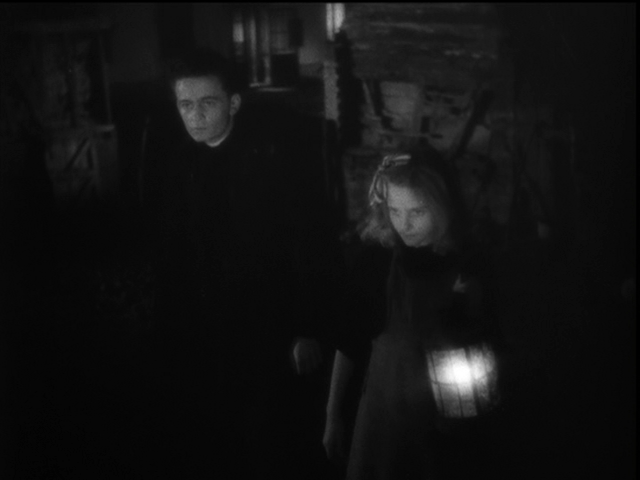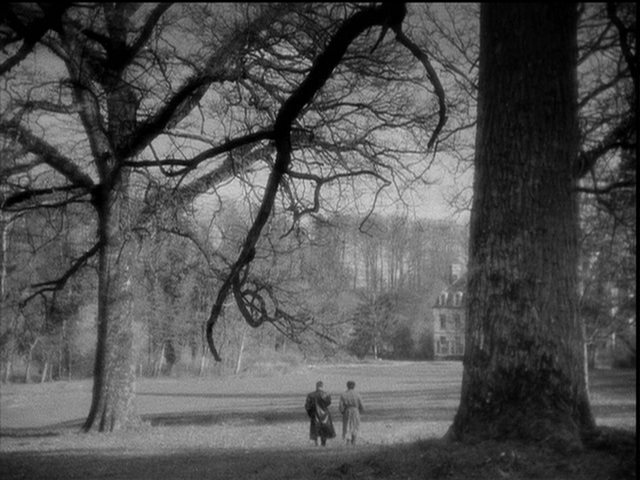Marnie (1964)
“I’m sick?! Well, take a look at yourself!”
|
Synopsis: |
|
Genres, Themes, Actors, and Directors:
Response to Peary’s Review: The truth about this undeniably polarizing film probably lies somewhere in between these two sentiments. Yes, Hitchcock’s use of rear-view projections definitely looks and feels artificial at this point in cinematic history (but would a Hitchcock film be complete without them?). Ultimately, for those who give themselves over to Marnie’s predicament, and who are willing to accept the inevitable artificialities sprinkled throughout any Hitchcock film, Marnie eventually becomes (as Peary argues) an absorbing story of psychological sleuthing and marital growth — a film “about a woman with many aliases who is involved in a desperate search for identity“. The fact that Connery drolly admits to Marnie that he’s far from perfect (when she accuses him of being just as screwy as she is) allows us to accept these two individuals as uniquely flawed; and although Connery’s amateur psychoanalyzing may indeed come across these days as “too pat”, we admire his determination to help Marnie, and can’t help rooting for them as a couple. While Hedren’s acting doesn’t particularly impress during the earlier parts of the film (when her character in general is still a mystery to us), she eventually digs more deeply into her role, allowing us to clearly see Marnie’s vulnerabilities, and to understand that this is not a woman out to blithely take advantage of men — she has deep-seated “reasons” for acting the way she does. Connery’s casting is unconventional (and it’s true, as DVD Savant argues, that we never “believe that Sean Connery — looking his 007 best — is an American businessman”), but he’s appealing in an undeniably tricky role; and as Peary notes in his Cult Movies 2, the fact that “James Bond” — who’s “capable of seducing lesbian Pussy Galore” — is unable to seduce his own wife on his honeymoon speaks volumes about the depth of Marnie’s sexual neuroses. Supporting performances in the film are fine as well, with Louise Latham particularly impressive in a small but important role as Marnie’s mother — a woman we want to revile (since she’s clearly the cause of Marnie’s miseries) but are ultimately too intrigued by to simply hate. Note: Watch for Bruce Dern in a tiny role as the key figure in Marnie’s recurring nightmares (only revealed at the end of the film); 12 years later, Dern would return to star in Hitchcock’s final film, Family Plot (1976). Redeeming Qualities and Moments:
Must See? Categories (Listed in 1001 Movies You Must See Before You Die) Links: |
